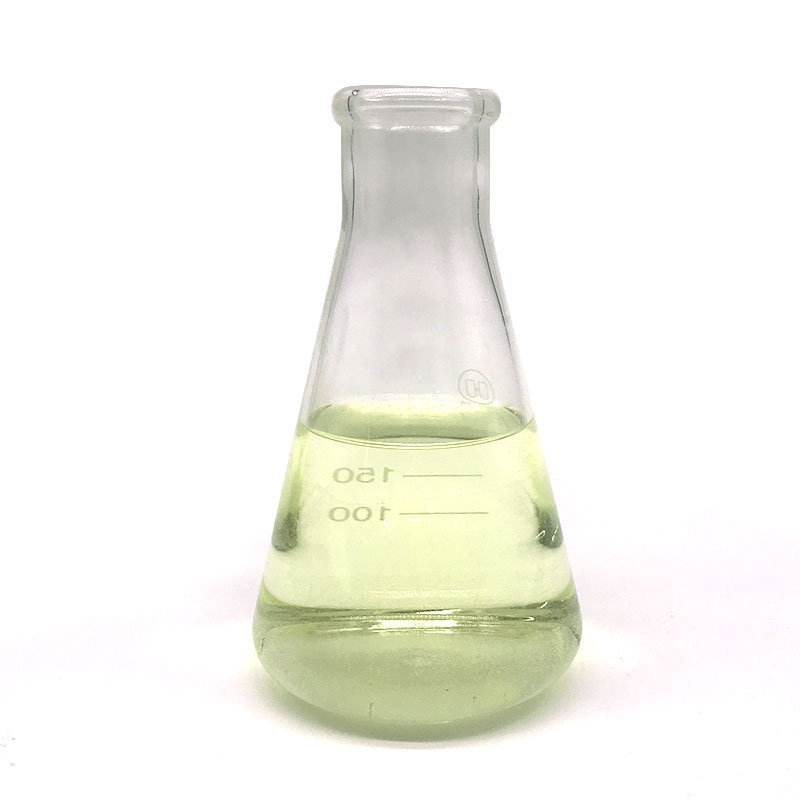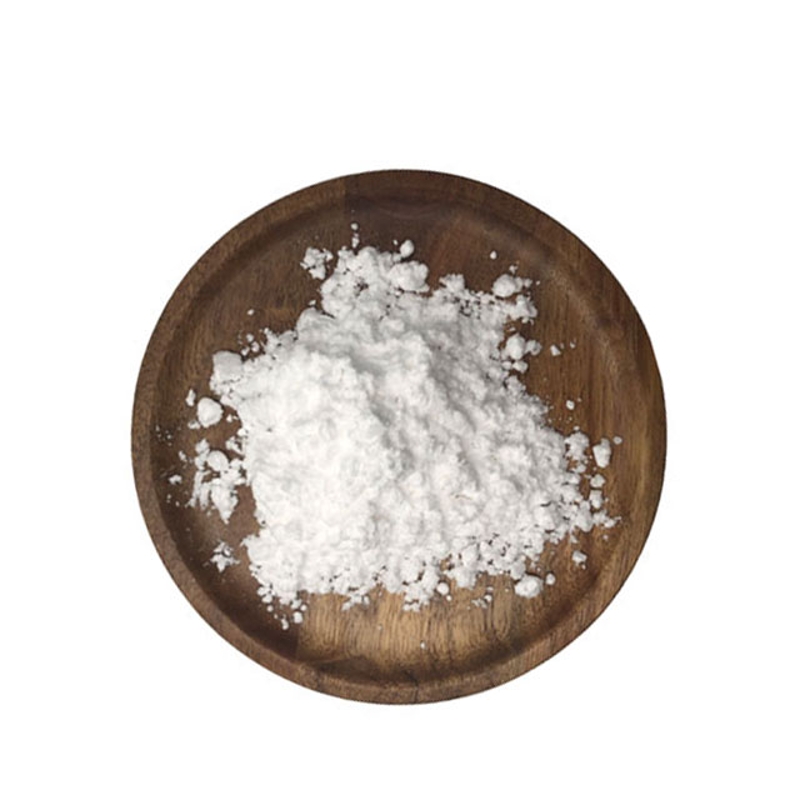The pathological complete remission rate of prisimer opdivo combined with chemotherapy in neoadjuvant treatment was 49%
-
Last Update: 2020-02-18
-
Source: Internet
-
Author: User
Search more information of high quality chemicals, good prices and reliable suppliers, visit
www.echemi.com
Recently, ASCO-GU was held in San Francisco According to the results of blast-1, a clinical trial of bladder cancer published in 2020, the new adjuvant treatment of muscle infiltrating bladder cancer (MIBC) with opdivo (nivolumab, nevulizumab), gemcitabine and cisplatin has achieved a strong effect: pathological non muscle infiltration rate (PAR) is 66% Pathological complete remission rate (PCR) was 49% In the study, the combination therapy was safe, did not increase toxicity or death, and did not result in delayed cystectomy or unexpected surgical complications These results are very encouraging and long-term follow-up will further confirm its safety "Cisplatin based neoadjuvant chemotherapy is associated with a PCR rate of about 30 percent," said Shilpa Gupta, a researcher and associate professor of urogenital cancer at the Cleveland Clinic The survival advantage of neoadjuvant chemotherapy mainly occurs in patients who achieve the reduction of tumor pathological grade However, a considerable number of patients still relapse, leading to early death Therefore, there is a significant unmet medical demand in this field, that is, through new combination therapy and biomarker driven methods to better select patients and improve the pathological remission rate " Shilpa Gupta said that previous studies on single drug neoadjuvant immunotherapy for muscle invasive bladder cancer have shown benefits, namely pure-01 and abacus trials The new adjuvant immunochemical regimen of keysruda (pabolizumab) combined with gemcitabine / cisplatin also showed activity in phase I / IIB trials Opdivo has been approved for the treatment of patients with metastatic urothelial cancer who have progressed after platinum chemotherapy The patients in blast-1 study were M0 diseases with ct2-t4an ≤ 1, mainly urothelial carcinoma, and were identified as candidates for radical cystectomy All patients were considered to be eligible for cisplatin treatment The critical value of creatinine clearance rate was ≥ 50mL/min Patients were treated with gemcitabine / cisplatin for 4 cycles after diagnosis of muscle infiltrative disease Cisplatin was 70mg / m2 on the first day of each course (21 days / course) The split dose of cisplatin was determined by the researchers Gemcitabine was administered 1000 mg / m2 on the first and eighth day of each course (21 days / course), a total of 4 courses Opdivo was administered at a fixed dose of 360mg / m2 once every 3 weeks on the 8th day of each course The patients underwent cystectomy 6 to 8 weeks after the completion of the systematic treatment Before the study, CT and FDG-PET were performed, and tissues and blood were collected for correlation analysis At the end of the treatment, CT / FDG-PET was repeated and the tissues were collected The primary goal was pathological response, defined as the rate of pathological non muscle infiltration during surgery The study enrolled 41 patients (63% male, 37% female) in three clinical centers, with a median age of 66 years (45-82 years) In clinical stage, T2N0 accounted for 90%, T3N0 for 7%, t2-4n1 for 3% Two patients (4.8%) received BCG treatment 38 patients completed 4 courses, 2 completed 2 courses, 1 completed only 1 course Any patient who receives at least one course of treatment is evaluable 40 patients underwent cystectomy; one patient withdrew the consent after one course of treatment and lost follow-up, but included in intention to treat analysis All patients underwent cystectomy within 8 weeks after treatment Among the 27 patients with tumor stage down to non muscle infiltration, 14 (51.8%) decreased to pT0, 2 (7.4%) to pT1, 5 (18.5%) to PTA, and 6 (22.2%) to PTIS The PCR rate was 49% (20 of 41 cases), which was defined as the stage of tumor descending to pT0 or PTIS PD-L1 was positive in 15 (39%) of 39 tumors There was no correlation between PD-L1 positive status and remission In 15 patients with PD-L1 positive tumors, 10 (67%) had tumor shrinkage, while in 24 patients with PD-L1 negative tumors, 17 (71%) had tumor shrinkage According to the molecular subtype analysis, one patient with claudin low tumor (characterized by high immune infiltration and basic marker expression) had complete response to the treatment (pt0n0); another patient with lumen infiltration subtype (characterized by high matrix infiltration and medium lumen marker expression) was a non responder (pt3n2) 50 cancer hallmarks were scored by gene marker In this case of claudin low tumor, it showed "high immune marker activity", with high expression of immune 190, IFN - γ, IFN - α and inflammatory markers On the contrary, in this case, it shows strong angiogenic activity and low proliferation In the study, most treatment-related adverse events (AE) were attributed to chemotherapy Most hematological toxicity is consistent with that of gemcitabine and cisplatin Most of them are grade 1 / 2 anemia, neutropenia and thrombocytopenia The total number of anemia patients was 10 (24%), neutropenia 20 (48%), thrombocytopenia 13 (31%) 60% of them were fatigued and 70% of them were disgusted Alanine transaminase and aspartate transaminase levels increased in 24% of patients Acute renal injury was found in 6 cases (14%), with one exception being 1 / 2 grade One case of immune related adverse events was rash, one case was hypothyroidism, two cases were lymphadenitis (all patients were completely relieved, biopsy was benign), and one case was Guillain Barre syndrome "Ongoing biomarker analysis will help to identify predictors of response and resistance to chemoimmunotherapy for muscle infiltrating bladder cancer," said Shilpa Gupta Phase III engineer test (nct03661320) is in progress and these results will be confirmed "
This article is an English version of an article which is originally in the Chinese language on echemi.com and is provided for information purposes only.
This website makes no representation or warranty of any kind, either expressed or implied, as to the accuracy, completeness ownership or reliability of
the article or any translations thereof. If you have any concerns or complaints relating to the article, please send an email, providing a detailed
description of the concern or complaint, to
service@echemi.com. A staff member will contact you within 5 working days. Once verified, infringing content
will be removed immediately.







